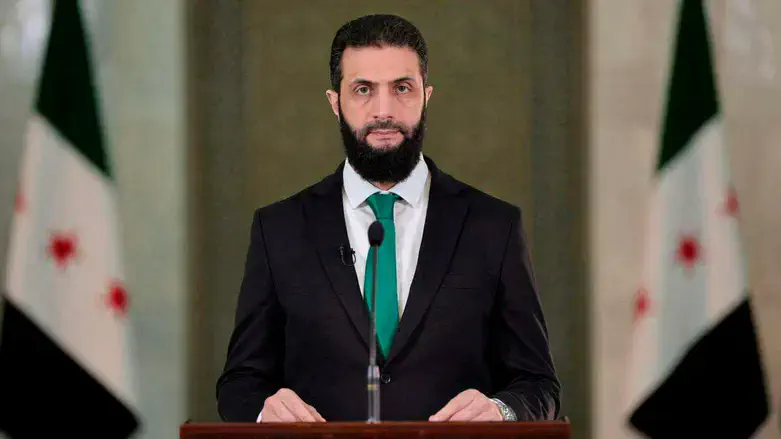
Syria’s interim government announced on Sunday that it would open an investigation after the killing of Alawite civilians sparked international condemnation, marking the deadliest violence since the fall of Bashar Al-Assad’s regime, AFP reported.
According to the Syrian Observatory for Human Rights, at least 830 Alawite civilians have been executed by security forces or pro-government fighters in the coastal provinces of Latakia and Tartus since fighting in the area erupted this past Thursday.
The Syrian Observatory also reported that fighting has also claimed the lives of 231 security personnel and 250 pro-Assad fighters, bringing the total death toll to 1,311.
Tensions escalated into open clashes between new security forces and Assad loyalists. The violence, centered in the Alawite-majority areas to which Assad’s family belongs, has led to widespread reports of mass killings.
In a statement posted on Telegram, the Syrian presidency said an “independent committee” had been established to “investigate the violations against civilians and identify those responsible,” promising to bring perpetrators to justice.
Interim Syrian leader Ahmed al-Sharaa called for unity, stating, “God willing, we will be able to live together in this country.”
Meanwhile, the Interior Ministry said security forces were conducting operations in Tartus province to “pursue the remnants of the toppled regime.” Syrian state media outlet SANA cited the Defense Ministry as confirming continued clashes in the village of Tanita.
Defense Ministry spokesman Hassan Abdul Ghani stated on Saturday that security forces had “reimposed control” over areas targeted by Assad loyalists.
US Secretary of State Marco Rubio insisted that Syria must “hold the perpetrators of these massacres against Syria’s minority communities accountable.” British Foreign Secretary David Lammy called on Damascus authorities to “ensure the protection of all Syrians and set out a clear path to transitional justice.”
Germany’s Foreign Ministry stressed that Syrian authorities have “a responsibility to prevent further attacks.”
Sharaa’s Islamist group, Hayat Tahrir al-Sham (HTS), which played a key role in toppling Assad in December, traces its origins to Al-Qaeda’s Syrian branch and remains classified as a terrorist organization by multiple countries, including the United States, though the US lifted the bounty on Sharaa’s head soon after he was named Syria’s leader.
Despite its history, HTS has pledged to safeguard Syria’s religious and ethnic minorities and Sharaa has vowed to build Syria “on the rule of law.”
Weeks after Assad’s ouster, Syria’s new authorities initiated a major security operation in Tartus province, targeting remnants of the Assad government, who were accused of orchestrating an attack in which 14 policemen were killed.

